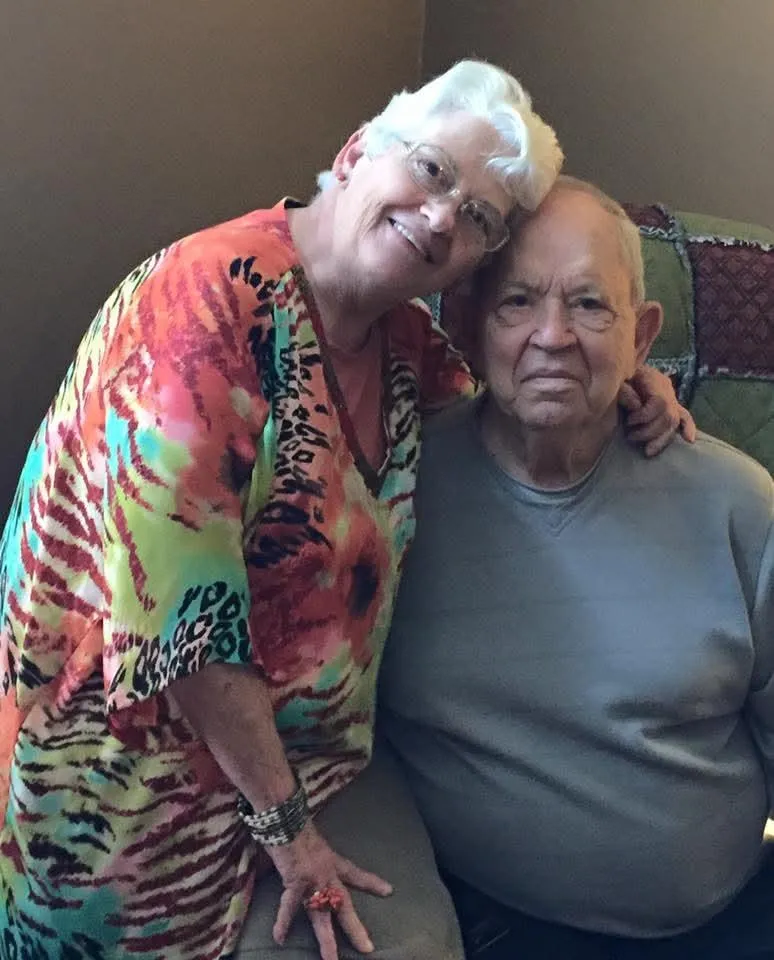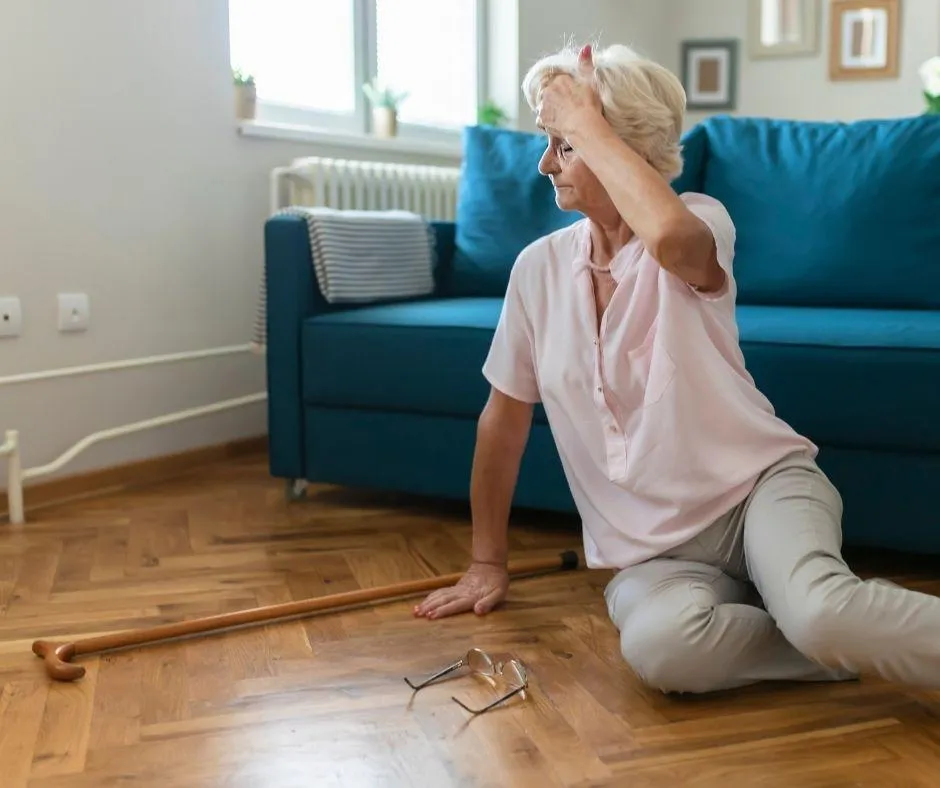Not sure how it all works?
We're here to help.
We've answered some of our
frequently asked questions below
We've answered some of our
frequently asked questions below

FAQ #1:
Depending on the type of care, costs can range from $1,500 to $10,000 per month, with a national average range of $3,000 - $5,500 per month. The actual costs may be higher or lower than average, depending on the location of the senior community. Many families elect to use private pay or retirement funds for these costs, and some may qualify for Medicaid or other assistance programs.
One commonly overlooked way for families to afford care is through selling Mom or Dad's home. Our specialists can help you sell the home or property as-is (and quickly), so those funds can go toward monthly living expenses in the senior care community. We partner with furniture banks and charities across the nation to ensure valuable belongings that are no longer needed are dispersed to families in need.
FAQ #2:
Hover over images below to Explore each community type
FAQ #3
While we are not trained in legal matters, we will connect you with the right professional to answer your questions! We have trusted elder care attorneys to invite into the conversation. These legal experts can help you navigate questions about assets, medical power of attorney, wills, trusts, and everything in between.


FAQ #4:
Great question! Our team works diligently and tirelessly to place you or your family member in a community that is right for your individual needs. Once the perfect community is secured, our Specialists are compensated by the Senior Living Community.
FAQ #5:
Inability to maintain daily activities like showering, dressing, eating, laundry, grooming (also known as Activities of Daily Living or ADLs)
Inability to maintain the home: decline in cleanliness, burners still on after cooking, odd things in fridge or cupboard
Forgetting medications: finding expired or stockpiled medications in the home, or if they're simply forgetting to take their medications (or double-dosing because they forgot they already took it)
Change in personality: differences in mood, or loss of interest in things that were once fun
Changes in eating habits: lack of quality in meals, expired food in the pantry, empty shelves in fridge
Inability to manage finances: mail is piling up, bills are being neglected, receiving calls from collections
Increasing number of accidents: unexplained bruising or minor wounds, increase in reported falls or incidents
Decrease in confidence while driving: avoiding driving or driving less, dents and scratches in the car/garage door/mailbox


FAQ #6
Our team is committed to making sure the whole family is able to participate in supporting their loved one during this transition. We can meet families virtually, provide community tours via video chat, and connect you with Senior Living Professionals in any state to assist with downsizing, moving, and selling the home.
FAQ #7
Not everyone's story unfolds quite the same, however there are many similarities. Our trained Senior Transition Specialists are here to guide you and advise you with every step along the way. If level of care changes, we will help you navigate what is next for your family and loved one.



Need to talk to someone now?
Looking for a Specialist in your area?
©2025 Copyright. All rights reserved.